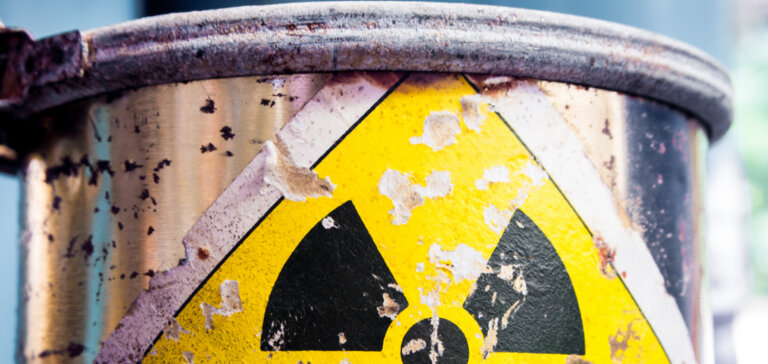A toxic tort is a legal claim for harm caused by exposure to a dangerous substance — such as a pharmaceutical drug, mold, pesticide, or chemical. Exposure to a toxic substance can cause serious illnesses which may result in death.
In a toxic tort claim, the plaintiff (the person who sues) alleges that exposure to some dangerous substance caused an injury or illness. Toxic tort claims usually arise in the following scenarios:
- Occupational exposure – this occurs when workers are exposed to toxins, such as lead, and chemicals, at high levels for a short period of time or at lower levels over an extended period.
- Pharmaceutical drugs – typically occurs when a pharmaceutical drug causes unintended side-effects. For example, the antidepressant drugs Zoloft and Prozac have been the subject of extensive litigation over the
- Exposure within the home – when a tenant or resident breathes or ingests substances in their home, such as toxic mold and their spores
- Consumer products – when a person uses a product that results in an unintended illness.
The specific elements that a Plaintiff must prove in a toxic tort case vary depending on the legal theories involved, but generally a Plaintiff must show that (1) the toxic substance was dangerous, (2) the Plaintiff was exposed to the toxic substance, and (3) the toxic substance caused harm to the Plaintiff. In some cases, the Plaintiff must show that the harm caused by the toxic substance can be attributed to that toxin.
To defend against such a claim, a Defendant will try to find weaknesses in the Plaintiff’s claim and show that the Plaintiff did not prove or that the toxin did not cause the injury being claimed.
In a toxic tort case, time is of the essence. There are major potential pitfalls that may impact a claim or a defense to a toxic tort claim. First, is proving causation. Second, evidence may go stale if a lawsuit is commenced years after the initial exposure to the toxin. Third, and most importantly, toxic tort lawsuits are hugely dependent on science. Scientific studies linking a toxic substances to certain a disease or health condition are constantly changing. Changing scientific developments can instantly change the legal landscape. These changes can make or break a case for a Plaintiff or a Defendant.
The lawyers at the Law Offices of Effie Soter, P.C. offer free appointments to discuss your rights. Call an attorney at 646-504-7384 to learn more about your rights and get best outcome for your case.

